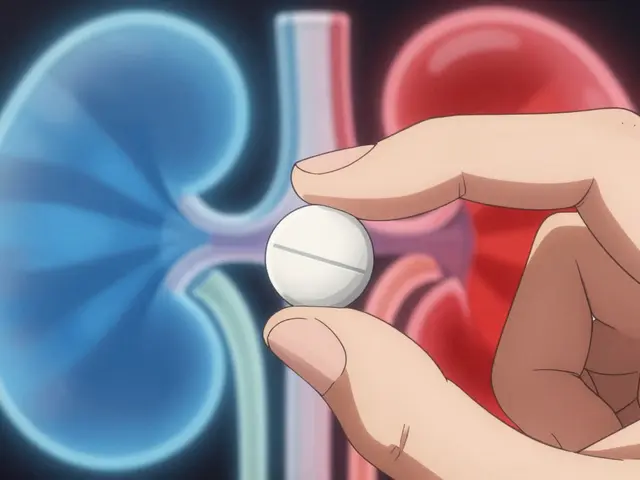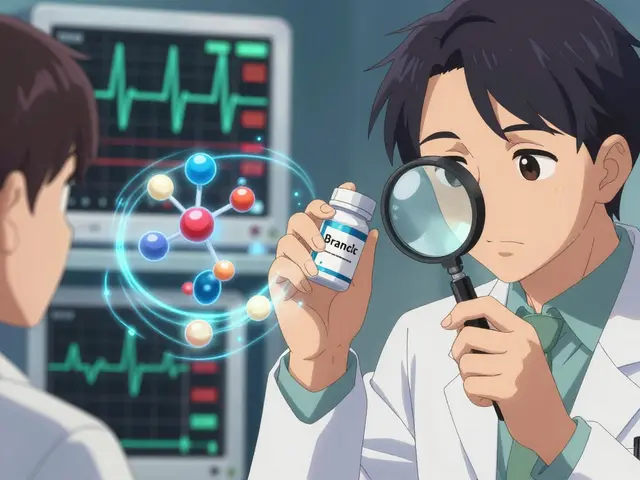June 2025 — Accutane (Isotretinoin): What the Guide Covers
Accutane isn't a quick fix. In June 2025 we published a single but thorough guide that strips away hype and gives clear, practical facts about isotretinoin — how it works, who should try it, and what to expect during treatment.
This page pulls the main points together so you can decide whether to read the full article or jump straight to the details most relevant to you.
How Accutane works and who it's for
Isotretinoin reduces oil production, shrinks oil glands, and lowers inflammation. That combo can clear severe, treatment-resistant acne when other meds fail. It’s most often prescribed for nodular or cystic acne, or when long-term antibiotics aren't helping. If you’ve tried topical retinoids, benzoyl peroxide, and oral antibiotics without improvement, your dermatologist may suggest isotretinoin.
Major side effects and safety checks
Accutane is powerful and comes with real risks. The most talked-about one is severe birth defects — so effective contraception and pregnancy testing are mandatory for people who can get pregnant. Common side effects include dry skin, chapped lips, and increased sun sensitivity. Some people report mood changes, so doctors monitor mental health too. Blood tests check liver function and lipids before and during treatment.
Don’t skip monitoring. Regular follow-ups let your doctor catch problems early and adjust the dose. If you notice severe depression, sudden mood shifts, or signs of liver trouble (like yellowing skin), contact your provider right away.
Practical dosing: most courses last 4–6 months, with total dose based on body weight. Starting low and adjusting helps reduce side effects while still aiming for a lasting clearance. Ask your doctor whether a single full course or a staged approach fits your situation.
Everyday tips that actually help: use a heavy moisturizer and lip balm, avoid harsh scrubs, wear sunscreen daily, and cut down on alcohol while on treatment. These steps won’t eliminate side effects but make the course much easier to handle.
Expect results to take time. Breakouts often worsen in the first few weeks before improving. About 60–80% of people see long-term clearance after one course, but some need a second round at a lower dose.
If you’re on other meds, tell your doctor — isotretinoin can interact with vitamin A supplements, certain acne treatments, and some psychiatric meds. Be honest about smoking and alcohol, too; both affect healing and side effects.
Want the full article? The June 2025 guide goes deeper on dosing, monitoring schedules, and real patient stories to help you weigh benefits and risks. Read it if you’re considering treatment or want clear answers before your next dermatologist visit.

Procardia Uses, Side Effects, Dosage, and Patient Tips
Find out how Procardia works, what it treats, common side effects, tips for patients, and crucial safety facts. Practical info explained in plain English.

Accutane: The Real Story on Isotretinoin for Acne Relief
Accutane, also known as isotretinoin, isn't just another acne pill—it's often the last resort for those battling stubborn breakouts that don't budge. This article cuts through the haze with honest information about how Accutane works, why it's so powerful, who should consider it, what the notorious side effects are, and how you can make a tough treatment a bit less harsh. Whether you're on the fence or just curious, dive in for real facts, direct advice, and stories that actually make sense.




